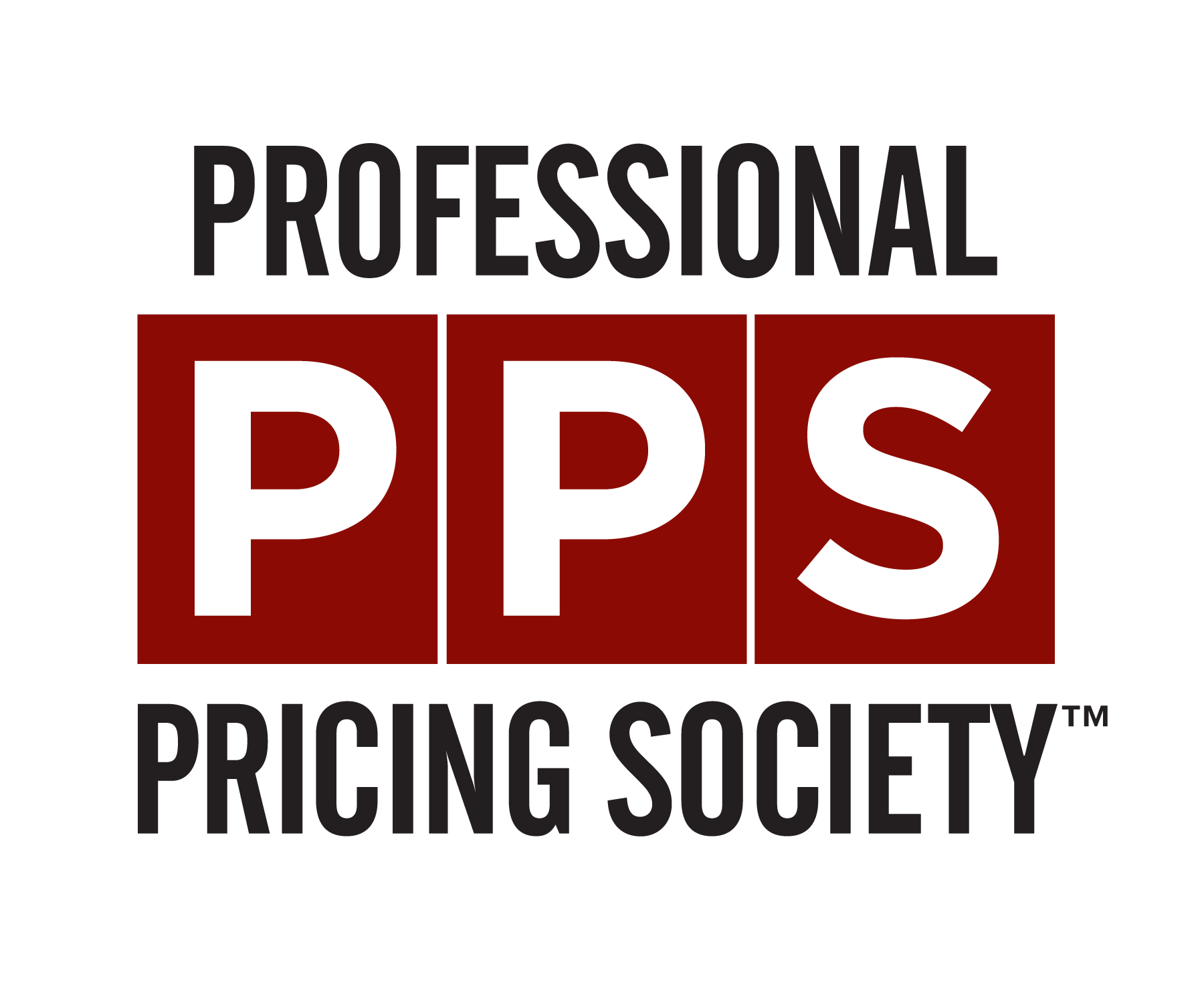Guest Blog: Controlling the Controllables: A Strategic Approach to Pricing in Dynamic Markets
- PPS
- 4 hours ago
- 3 min read

Guest Author: Jeff Lickfelt
In today’s fast-paced business environment, industries with dynamic pricing face a common challenge: maintaining precision and stability amid constant fluctuations. Pricing professionals in protein processing, manufacturing, retail, and other sectors must navigate unpredictable input costs, supply chain disruptions, and shifting market conditions. The principles guiding pricing in the protein industry—where fresh beef and other proteins experience rapid cost variations—apply to any industry balancing cost realities with competitive pressures. "Control the controllables" is more than a mantra at our company; it is a guiding principle that helps us navigate the volatility in fresh beef and protein production.
The Critical Role of Standard Costing

Pricing in protein processing is dynamic. Market conditions shift rapidly, with input costs like feed, labor, and transportation frequently changing. This volatility makes it essential to understand production costs clearly and accurately. Standard costing forms the foundation of our pricing strategy, providing a benchmark to measure actual performance.
However, standard costing alone is insufficient. Its true power lies in being measured against actual costs. Without capturing real-time production expenses, standard costs are merely theoretical. Comparing expected costs with real costs allows us to make informed pricing decisions that reflect our actual financial landscape.
Collaboration: The Key to Accurate Costing and Pricing
Achieving precision in pricing requires seamless collaboration between production, cost management, and pricing teams. Each department ensures pricing is a well-informed strategy grounded in real-world data.

The production team executes operations efficiently, maintains quality, and ensures data collection does not disrupt product flow. The cost team tracks and identifies variations from standard costs, providing insights for pricing decisions. The pricing team bridges the gap between production realities and market expectations, ensuring prices reflect the company’s financial needs and competitive positioning.
Without strong interdepartmental communication, misalignments can lead to ineffective pricing strategies. Pricing professionals must foster transparency and mutual accountability, ensuring all teams work toward producing high-quality protein products at optimal costs.
The Cost-Plus Model: A Strategic Approach
Our pricing strategy follows a cost-plus model, adding a margin to known production costs to maintain profitability while responding to cost fluctuations. Its success depends on accurate cost inputs. Inaccurate or incomplete data makes pricing decisions unreliable. Overestimating costs may lead to lost sales, while underestimating costs can erode margins.
Capturing precise cost data is crucial. We continually evaluate where and how cost data is collected within the production process, identifying optimal points for data capture to minimize disruptions and maximize accuracy. This requires discipline and coordination from the production team to ensure efficiency. By balancing these factors, we develop a competitive and sustainable pricing strategy.
Conclusion: Driving Growth Through Precision and Partnership

Controlling the controllables is not just a strategy—it is a fundamental requirement for any pricing professional operating in a volatile industry. By prioritizing accurate cost tracking, fostering strong interdepartmental relationships, and refining our cost-plus approach, we create a pricing framework that is both resilient and adaptable.
About the Author
Jeff Lickfelt has dedicated nearly 30 years to Tyson Fresh Meats (formerly IBP), including 25 years in the Case Ready business. He has held various roles, from plant controller to director of pricing, shaping processes that grew the business to nearly $4B in sales. Jeff is a musician and founding member of the band Mr. Hand, inducted into the Nebraska Music Hall of Fame, and earned his Accounting Degree from the University of South Dakota.
